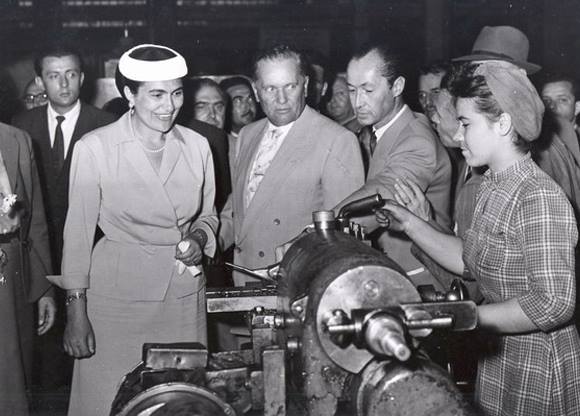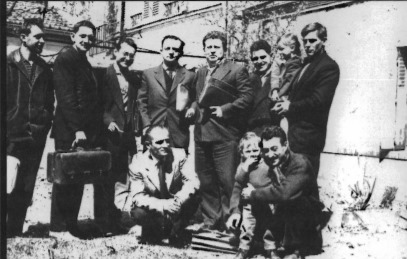
Paul Zorkine (1959)
Uvod
Mađarska revolucija 1956, Berlinski ustanak, dešavanja u Poljskoj i generalno govoreći, pat pozicija staljinizma kako u Zapadnoj tako i Istočnoj Evropi, postavili su problem radničkih saveta u prvi plan revolucionarnih zbivanja.
Nije nam namera da pratimo istoriju radničkih saveta, koje je već moguće naći u Francuskoj revoluciji pri komunalnim savetima, u raznim revolucionarnim pokretima tokom 1848, zatim u Komuni sve do prvih sovjeta u fabrikama Poutilov u Petrogradu 1905, na prvom zasedanju sovjeta juna 1917, u Kronštatskim sovjetima suprotstavljenim boljševičkoj diktaturi 1921, “Republikama saveta” krajem Prvog svetskog rata u Mađarskoj, Nemačkoj, Austriji, kao i na dva kraja Jadrana: u Puli i Kotoru, u Španiji kao i Kini, koji su kumovali poslednjem pokušaju 1956. godine u Budimpešti.
Vredi primetiti kako smo u ovom popisu preskočili jugoslovenske radničke savete.
Nije u pitanju to da smo ih potpuno zaboravili: za nas, stvaranje radničkih saveta od strane jugoslovenske vlade predstavlja jednu novu mistifikaciju radničke klase od strane buržoazije.
To je opasno:
– Za jugoslovenske radnike kojima se kompromituje revolucionarna institucija, jedina – bar do sada – “ispravna” (ideju radničkih saveta je moguće suprostaviti Partiji)
– Za neke evropske levičare koji se povode za jugoslovenskim primerom i slogane Titove vladavine: „Sve fabrike radnicima!“ kao još jedininim preostalim rešenjem između kapitalizma i staljinizma
Iz ovih razloga je važno ispitati stvarni sadržaj jugoslovenskog iskustva i njegovih posledica.

